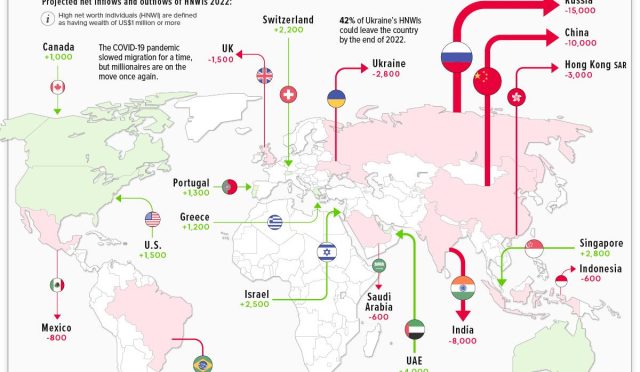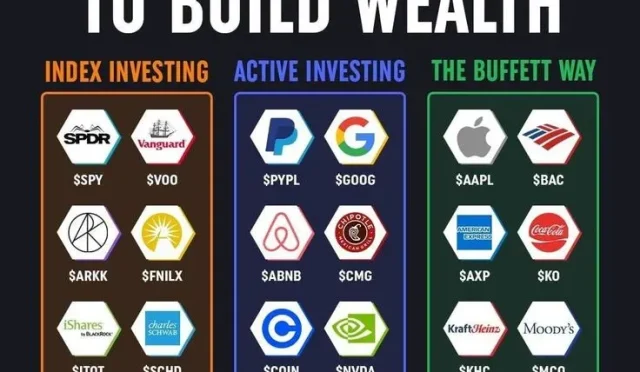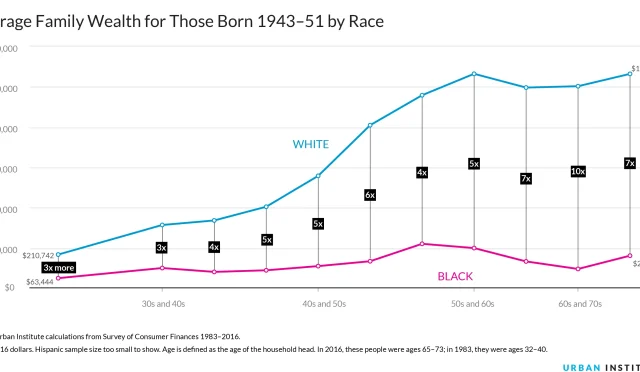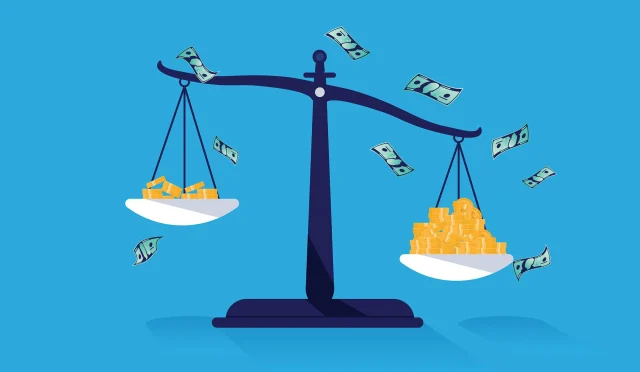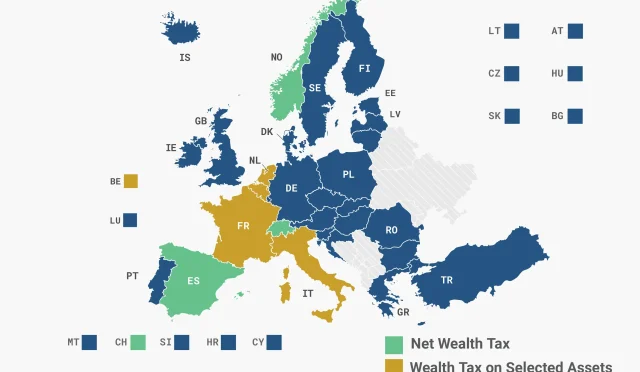Financial Literacy: Building a Strong Foundation for Wealth Accumulation
Financial literacy is the ability to understand and effectively apply various financial skills, including personal financial management, budgeting, and investing. In today’s fast-paced, digitally driven economy, having strong financial knowledge is more important than ever for achieving wealth accumulation and long-term financial stability.
What is Financial Literacy?
Financial literacy refers to the knowledge and understanding of financial concepts and risks, along with the skills and motivation to apply this knowledge to make effective decisions across a range of financial contexts. This includes managing income, debts, savings, and investments.
Why is Financial Literacy Important?
- Improved Decision-Making: People with higher financial literacy are better equipped to make informed decisions regarding spending, borrowing, and investing.
- Reduced Financial Stress: Understanding how to manage money effectively can reduce financial anxiety and improve quality of life.
- Long-Term Planning: It promotes planning for long-term goals such as retirement, homeownership, and education funding.
Core Components of Financial Literacy
1. Budgeting
Creating and maintaining a budget is the first step toward financial control. A good budget tracks income, expenses, and savings goals.
2. Saving and Emergency Funds
Understanding the importance of saving a portion of income is crucial. An emergency fund acts as a financial buffer against unexpected expenses.
3. Debt Management
Knowing the difference between good debt (like a mortgage) and bad debt (like credit card debt), and how to manage repayments effectively, is essential.
4. Investing
Investing enables your money to grow over time. Understanding compounding interest, risk tolerance, and asset allocation are key components.
5. Retirement Planning
Starting early with retirement savings (e.g., through 401(k) or IRAs) ensures a comfortable and secure future.
6. Credit Score Awareness
Your credit score influences your ability to borrow and the interest rates you’ll pay. Maintaining a healthy credit score is vital.
Financial Literacy and Wealth Accumulation
Wealth accumulation is the result of consistently applying financial literacy skills over time. This includes:
- Setting clear, realistic financial goals
- Tracking net worth and financial progress
- Automating savings and investments
- Continuously educating oneself on financial tools and trends
Practical Steps to Improve Your Financial Literacy
- Read books and follow reputable financial blogs.
- Use budgeting and personal finance apps.
- Attend workshops or online courses on finance.
- Consult with a certified financial advisor.
- Engage in simulations or games that teach financial decision-making.
Common Financial Mistakes to Avoid
- Overspending and lack of budgeting
- Ignoring credit scores and debt levels
- Not saving for retirement early
- Falling for “get rich quick” schemes
- Not having insurance or emergency funds
How to Teach Financial Literacy to Others
Financial education should start early, ideally in school. Parents can also:
- Encourage children to save and budget allowance money
- Explain the concept of earning vs. spending
- Involve kids in simple financial decisions at home
Conclusion: Financial Literacy as a Lifelong Skill
Financial literacy is not a one-time lesson—it is a lifelong journey. It evolves with changing life stages, income levels, and economic environments. By building a solid foundation in financial knowledge, individuals set themselves up for sustainable wealth accumulation and long-term security.


